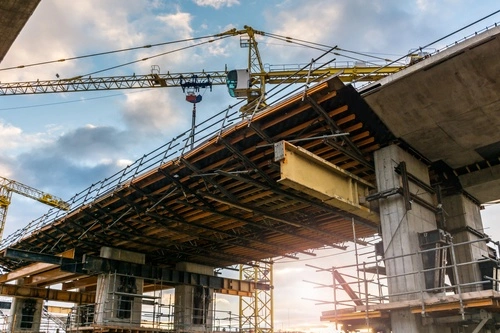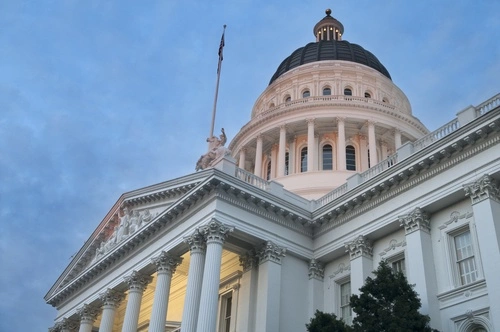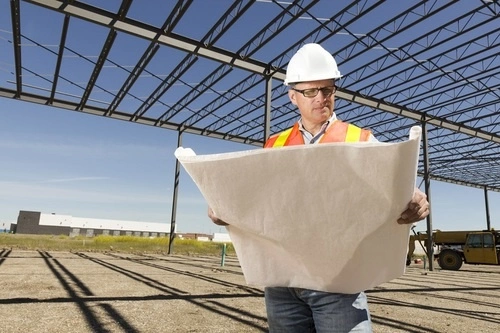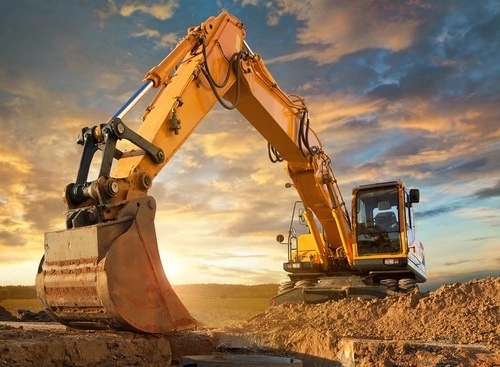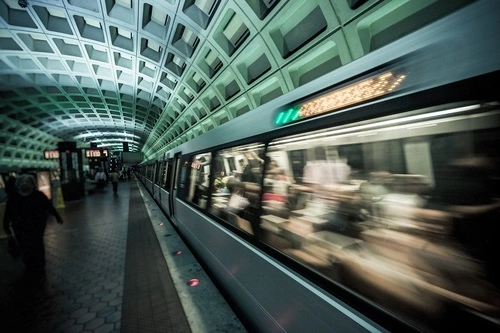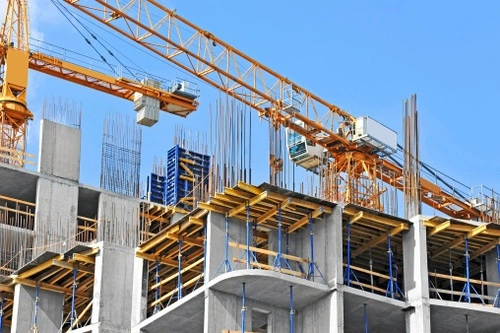Like many other state agencies, Texas stay-at-home orders issued in response to COVID-19 have shuttered many TxDOT offices since mid-March. These orders have prevented TxDOT staff from attending meetings in person with colleagues, proposers and consultants, however, despite these obstacles, TxDOT has managed to advance several design-build procurements. Among other things, TxDOT has developed strategies to help the agency adapt to the current reality, including advancing processes that allow for electronic submission and evaluation of procurement documents and ...
For those of you involved in the transportation sector, we invite you to join us on Wednesday, June 3rd for a discussion on planning, procurement and financing strategies that can be implemented now to support timely project delivery in the wake of the COVID-19 pandemic. We are planning a very interactive webinar where ample time will be set aside to answer questions received from attendees both prior to and during the event. ...
Last week, the Senate Committee on Environment and Public Works passed America’s Water Infrastructure Act of 2020 (AWIA) and Drinking Water Infrastructure Act of 2020 by a vote of 21 to 0. AWIA would authorize approximately $17 billion in new federal spending to invest in water infrastructure over the course of the next three years.
Two sections included in the AWIA confirmed the federal government’s continued support for the Water Infrastructure Finance and Innovation Act (WIFIA). If approved by the full Senate and the President, AWIA Title II Section 2014 reauthorizes WIFIA ...
As we continue to navigate the far-reaching impacts of the global coronavirus pandemic, our work and commitment to assisting marginalized and underserved communities with critical infrastructure is more important than ever.
The Centers for Disease Control and Prevention (CDC) and World Health Organization (WHO) have been recommending handwashing as one of the easiest and most effective ways to prevent the spread of COVID-19 for months. However, according to the U.S. Water Alliance’s Closing the Water Access Gap in the United States report, approximately two million ...
In his Infra Insight Blog post on April 15, Fred Kessler reported on how the budgets for state departments of transportation, which rely heavily on federal and state fuel tax revenues, are suffering due to reduced traffic volume caused by the COVID-19 “stay at home” directives issued by state and local governments. Nevertheless, with limited exceptions, transportation agencies and the construction industry are allowed to perform road work and some transportation agencies have expedited the delivery of highway projects. ...
As the COVID-19 pandemic continues, both the public and private sectors have been working to understand the market’s response and search for solutions addressing the pandemic’s unprecedented impacts. On April 2, 2020, Young Professionals in Infrastructure hosted a webinar, “P3s and the Current Pandemic: Industry Perspectives on COVID-19 Impacts.” The panel provided perspectives from a lawyer, an insurance broker, a developer, and a rating agency on dealing with COVID-19. Here are the key takeaways from the webinar ...
The enormous deficit in public transportation funding, coupled with appetite from capital markets, have increasingly triggered the use of public-private partnerships (P3s) to design, build, finance, operate, and maintain the largest and most expensive transportation projects. The use of P3 delivery methods brings with it new challenges for navigating complex federal environmental requirements that govern infrastructure project development. Nossaman partners Robert Thornton and David Miller discuss innovative solutions to these challenges in a new paper published in ...
In his Infra Insight Blog post on April 9, Frank Liu reported on the uncertain status of the long awaited federal infrastructure bill. As the federal deficit balloons and election season intensifies, the likelihood of prompt Congressional action on a major infrastructure bill is diminishing. All indications are that it will be sidelined as Congress works on a “Phase 4” coronavirus relief bill to ameliorate the unprecedented loss of jobs throughout the nation and provide further direct assistance to the business community. The Phase 4 bill also should include ample stop gap ...
Last Tuesday, President Donald Trump tweeted his support for a “very big and bold” $2 trillion infrastructure package to be included in Congress’ next response to the COVID-19 pandemic. To date, Congress has passed three bills to combat the effects of the coronavirus outbreak, which has ravaged the global economy and caused more than 297 million Americans to be placed under some form of lockdown. The latest bill, known as the Coronavirus Aid, Relief, and Economic Security (CARES) Act, was signed into law on March 27, 2020 and directs more than $2 trillion in spending to ...
As the number of those impacted by the coronavirus (“COVID-19”) pandemic continues to grow, affected parties across all industries look for guidance on how to deal with this novel situation. Governments and private parties are analyzing project contracts as they take precautionary actions to prevent the spread of COVID-19. In this midst of all of this confusion, two questions arise: What does the COVID-19 pandemic and the steps being taken in response mean for your project contracts? And, will an excusable delay/force majeure clause provide any protection for the impacts of ...
Nossaman’s 30-plus infrastructure attorneys offer clients, colleagues, strategic partners and industry media a wealth of practical experience, insider insight and thoughtful analysis here on Infra Insight. We blog about what we know best, from industry-leading procurements to local and national policy developments that affect the market and our clients.
Stay Connected
 RSS Feed
RSS Feed
Categories
- Airports
- Alternative Project Delivery
- Bridges
- California Environmental Quality Act
- Cybersecurity
- Design-Build
- Financing
- High-Speed Rail
- Job Opening
- Legislation
- News
- P3s
- Policy
- Ports
- Rail and Transit
- Social Infrastructure
- Tollroads/ Turnpikes/ Managed Lanes
- Transportation Infrastructure
- Tunnels
- Water

